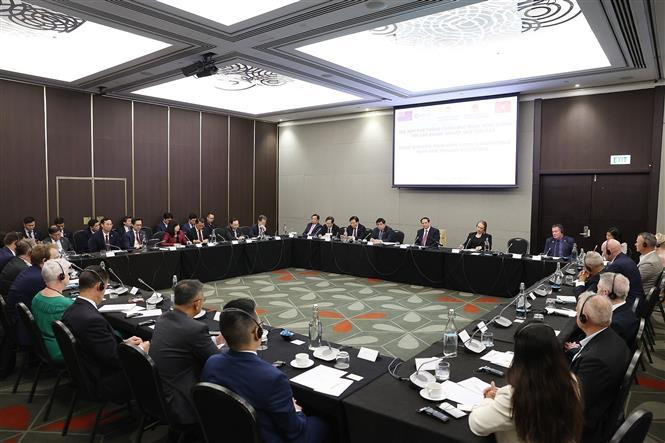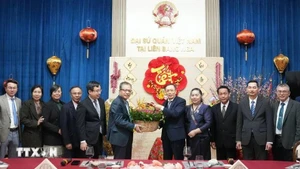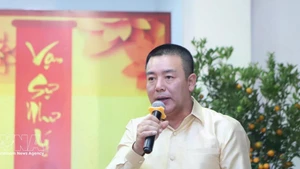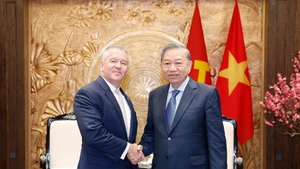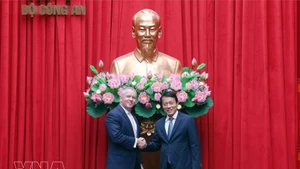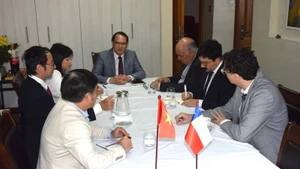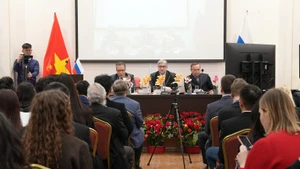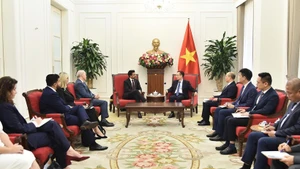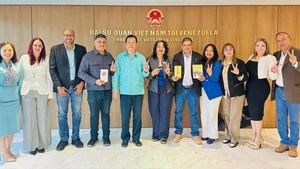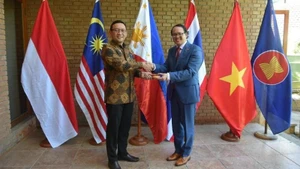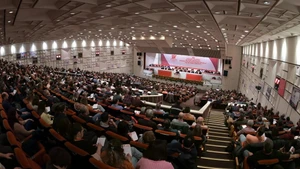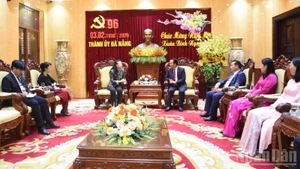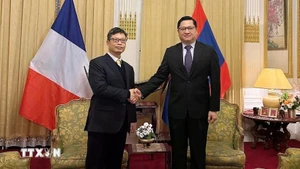The event, part of his official visit to New Zealand, was held by the Vietnamese Ministry of Planning and Investment, the Vietnamese Embassy in New Zealand, and the ASEAN - New Zealand Business Council (ANZBC).
Local businesses expressed their interest in Vietnam’s investment attraction policy, particularly in infrastructure development.
They also presented their cooperation demand and capacity in the fields of education - training, science - technology, food import, training and supply of nurses caring for the elderly, climate change fight, green transportation, carbon emission reduction, energy transition, and sustainable agriculture.
Talking to New Zealand businesses, PM Chinh said that after nearly 50 years, the two countries’ relations have made great strides in multiple spheres, but there remains huge room for cooperation, including in economy, trade, and investment.
He perceived that the biggest obstacle to bilateral ties now is the geographical distance, which should be addressed by opening direct air routes, boosting e-commerce, and developing new means of connection.
The visiting leader suggested the Government, associations, and businesses of New Zealand further promote economic, trade, and investment partnerships with Vietnam. He also asked for market opening to maximise bilateral trade agreements, cooperation frameworks, and new-generation free trade deals such as the Comprehensive and Progressive Agreement for Trans-Pacific Partnership (CPTPP), the Regional Comprehensive Economic Partnership (RCEP), the ASEAN - Australia - New Zealand Free Trade Area (AANZFTA), and the Indo-Pacific Economic Framework for Prosperity (IPEF), to which both countries are parties.
Besides, he called for facilitating the access of goods to each other’s markets and considering the removal of non-tariff barriers to Vietnamese goods, especially agricultural and aquatic products.
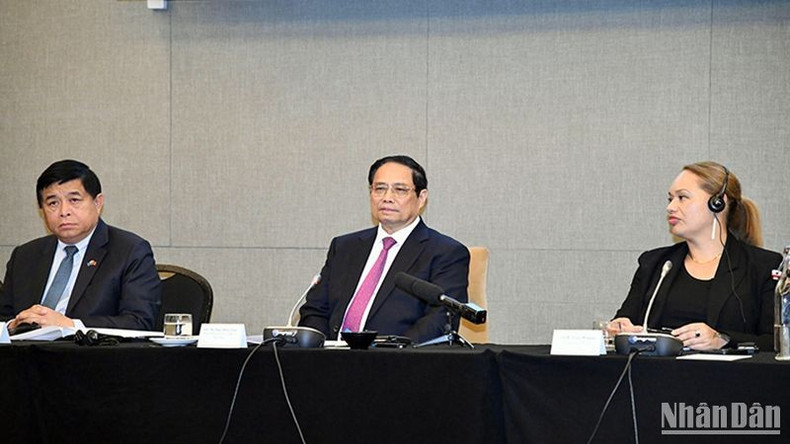 |
| PM Pham Minh Chinh (centre) speaks at the seminar in Wellington on March 11. (Photo: VNA) |
PM Chinh recommended the New Zealand side improve the efficiency of the Inter-governmental Committee and the mechanisms of dialogue between the two countries’ governments and business communities, while stepping up connectivity with Vietnamese firms. Meanwhile, the ANZBC should further bring into play its role as a bridge linking the countries’ governments and business circles.
Affirming Vietnam’s foreign investment attraction policy of prioritising quality, effective, and sustainable investments applying science - technology and friendly to the environment, he asked New Zealand businesses to boost investment ties with Vietnam through programmes and projects in such sectors as green economy, digital economy, circular economy, knowledge-based economy, science - technology, innovation, electronics, electric vehicle, semiconductor, new energy, essential minerals, green finance, biotechnology, health care, high-tech agriculture, and training of high-quality human resources.
There are about 15,000 Vietnamese people in New Zealand, and many work on trade and investment. Given this, the PM suggested the New Zealand side continue supporting and facilitating Vietnamese companies to operate fruitfully in the country so that they can further engage in global supply and production chains.
He expressed his hope that economic, investment, and trade cooperation will remain an important pillar of bilateral relations and an impulse for the two countries to surmount difficulties and challenges to develop further.
In the spirit of “interests harmonised, risks shared”, Vietnam always protects the rights and legitimate interests of businesses, PM Chinh stated, pledging support and the best possible conditions for foreign firms, including those from New Zealand, to invest and do business effectively and sustainably in the Southeast Asian nation.
